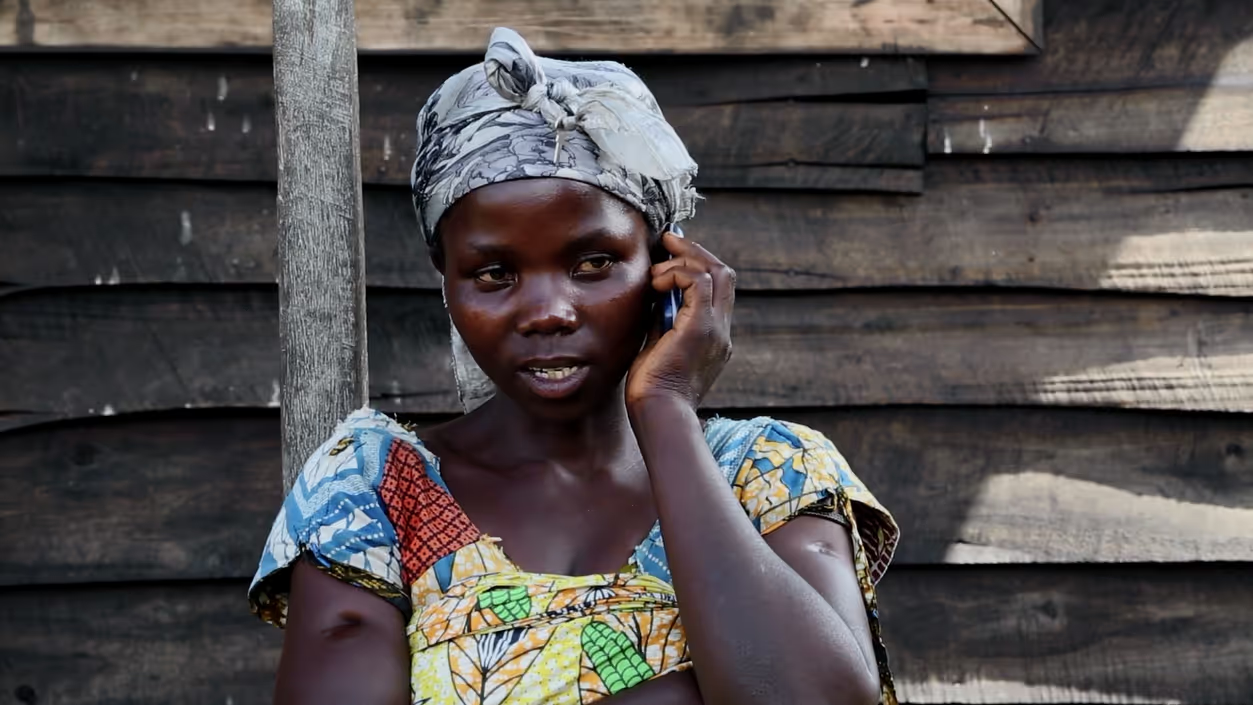Research Snapshot: What are the impacts of providing cooking fuel in refugee camps?

Refugees often harvest firewood to meet their needs for cooking fuel. This study in Cox’s Bazar, Bangladesh found a range of social, health, and environmental benefits were achieved by providing cooking fuel to refugees.
This mixed-methods study showed that provision of free liquified petroleum gas (LPG) to Rohingya refugees, to replace firewood for cooking, was associated with reduced deaths and disease due to indoor air pollution, increased carbon storage, improved food security and mental health, and reduced inter-group and domestic conflict.
Long-term provision of LPG could be a feasible and cost-effective strategy to support the food security, nutrition, health, and safety of refugees while protecting the environment, reducing tension with host communities, and advancing sustainable development goals on clean energy.
This snapshot contains key messages, findings, implications for humanitarian policymakers and practitioners and recommendations for further research.